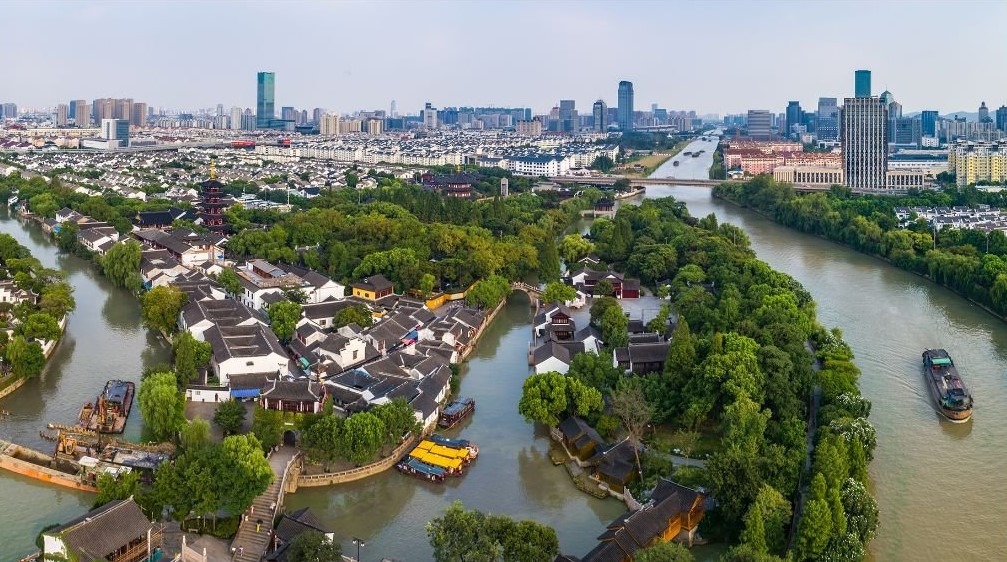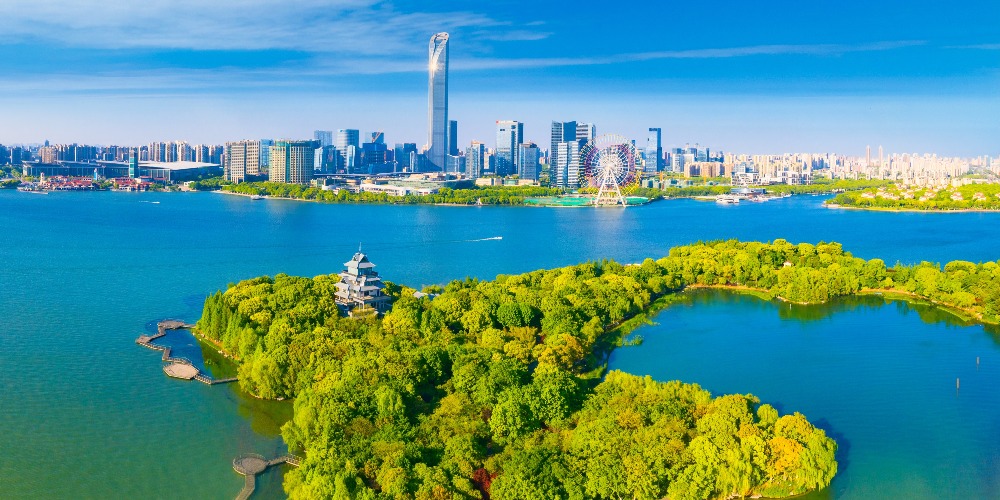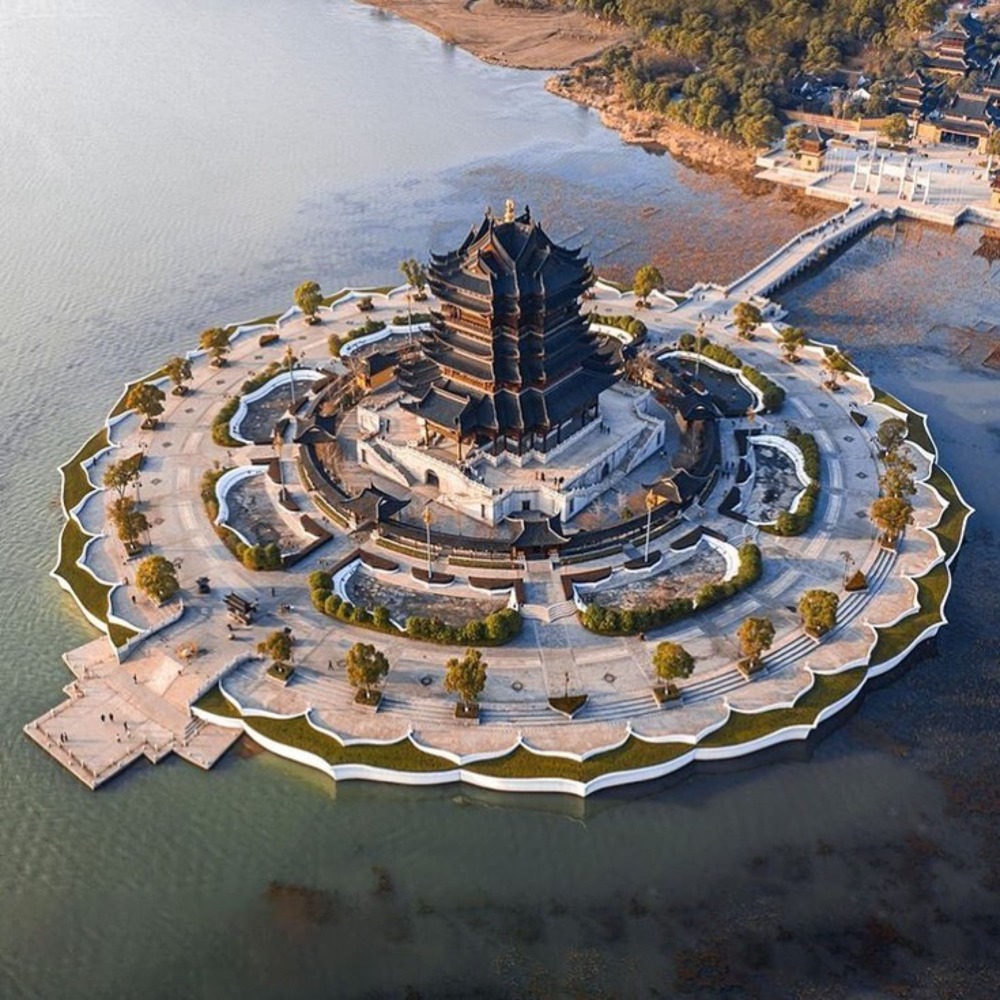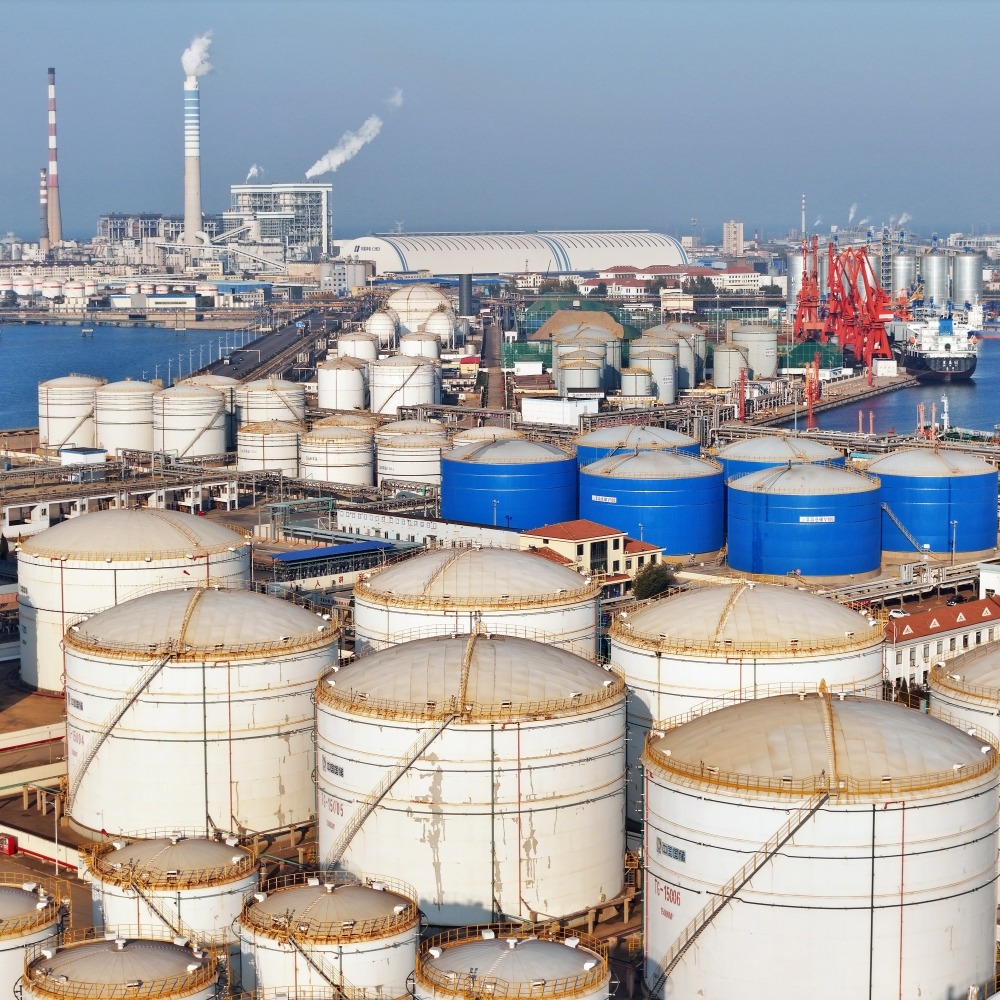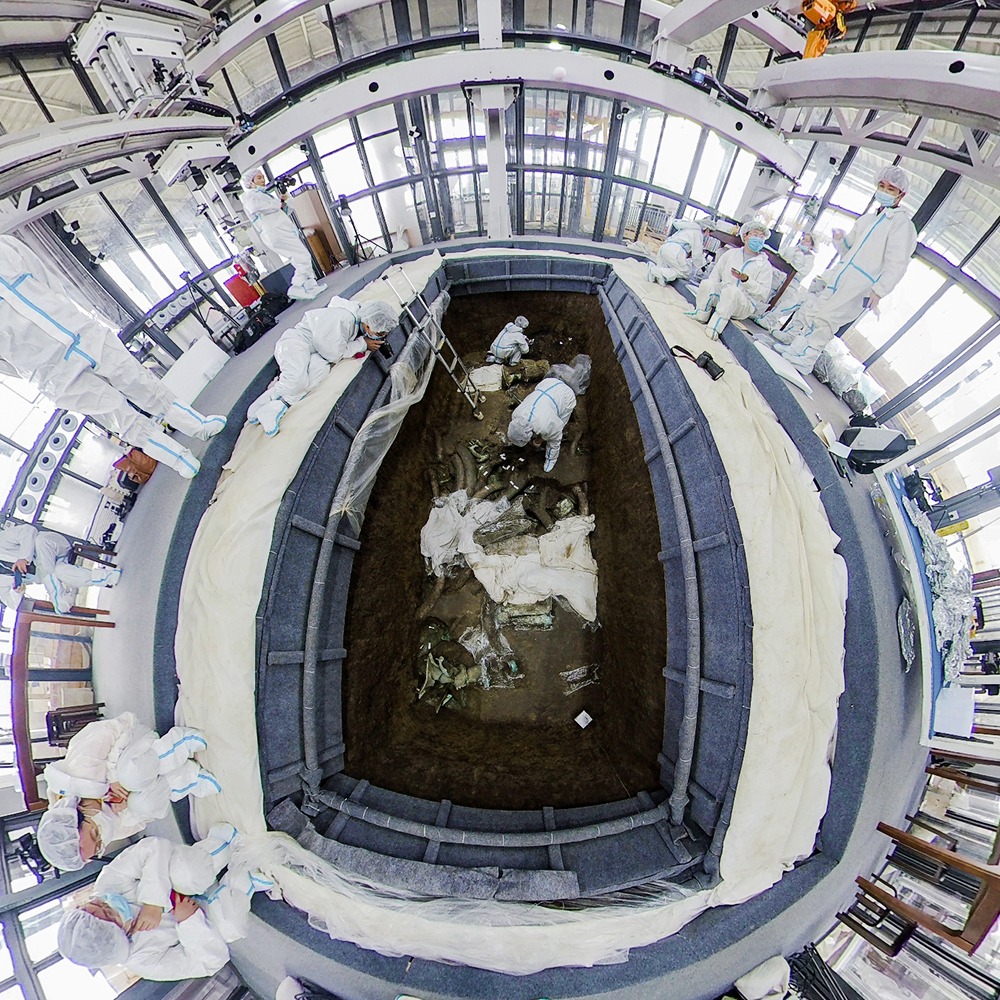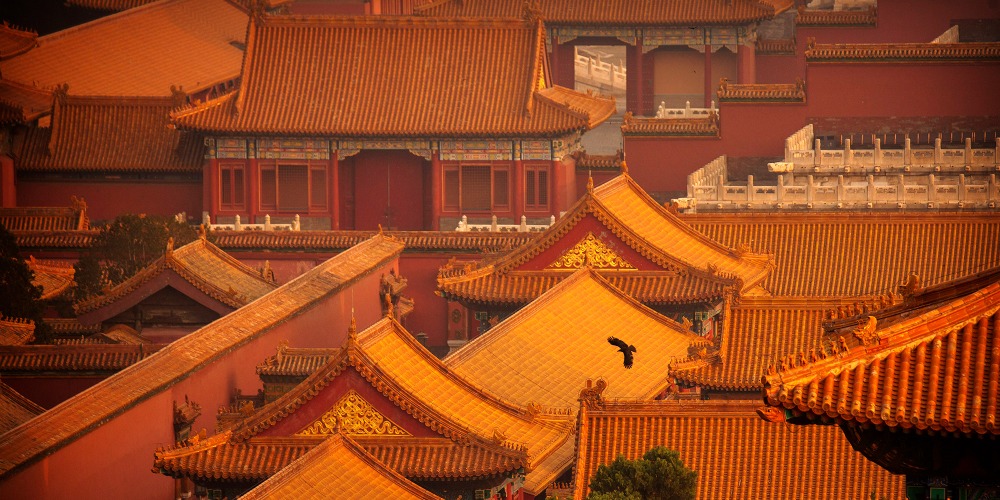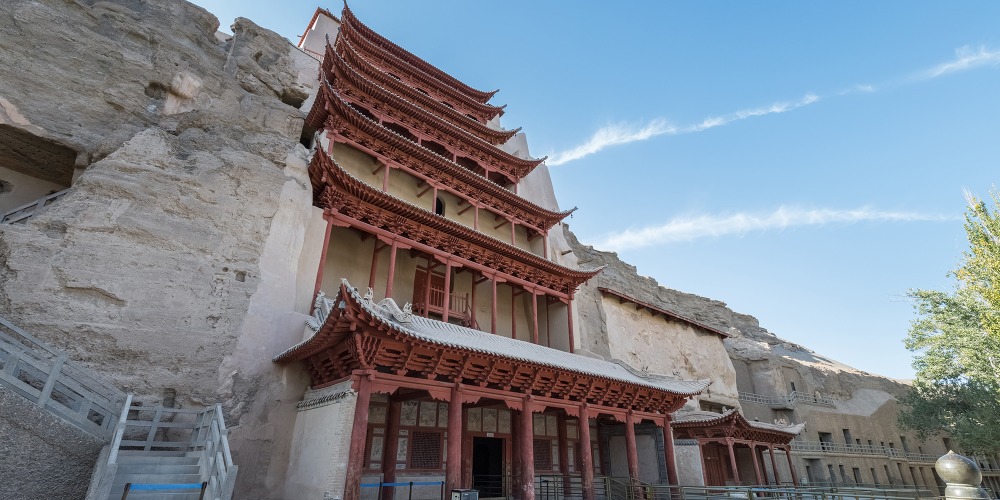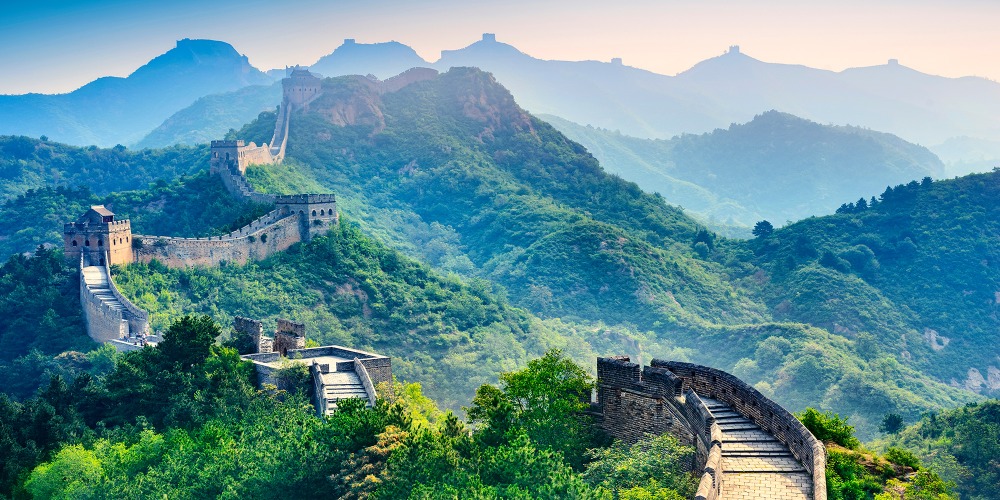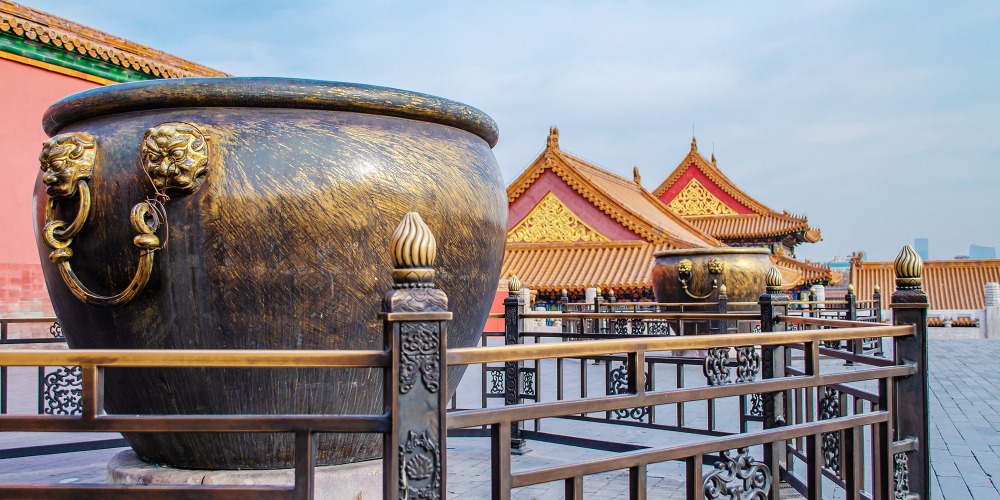Published : 2020-11-08
Venice, Italy, know as the "City of Water", are famed for its crisscrossing rivers that run through the entire city.
China also has a city nicknamed the "Oriental Water City" that not only has 20,000 rivers, but also a history of over 2,500 years!
That is one of the first historical and cultural cities in contemporary China — Suzhou.
Over 2500 years of history: A major transport hub in China
As Du Xunhe of the Tang Dynasty wrote in his poem Sending a Friend to Wu, "When you go to Gushu, you will see that all the houses there are built along the river. There are almost no empty spaces in the city, and even the branches of the river are full of small bridges."
These four lines captured the captivating scenery of the "Oriental Water City".
Houses were built along the river, and small bridges were scattered all over the city, which have retained their original appearance until modern time of China.
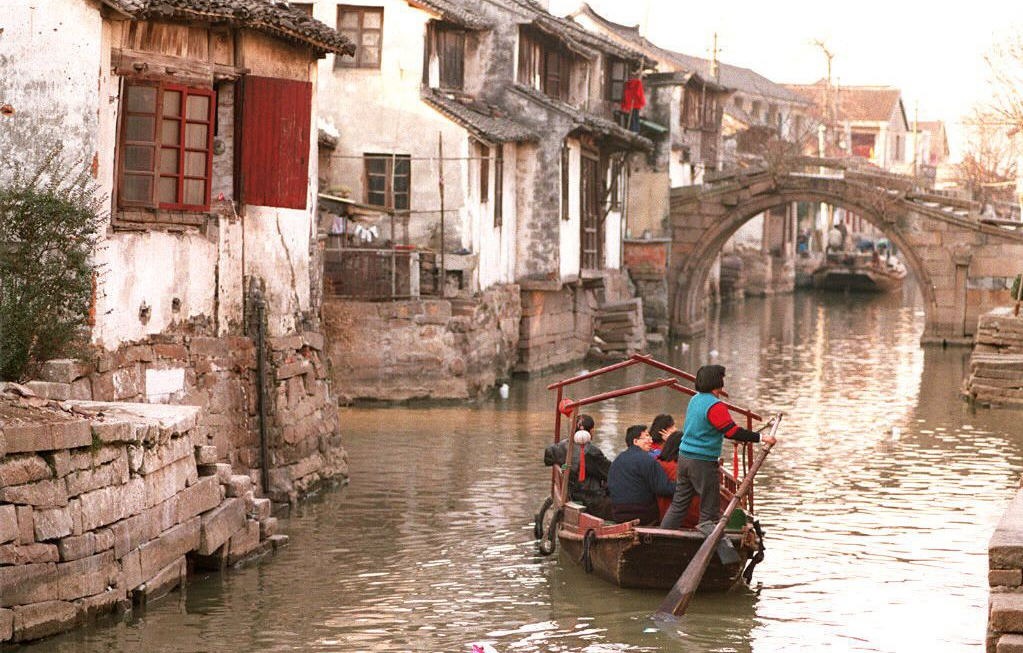
This city is Suzhou, also known as Gusu. In addition to being known as the "Oriental Water City", it was also marvelled as the "Oriental Venice" by the Italian merchant Marco Polo who travelled to the East.
In ancient times, Suzhou was known as Wu, abbreviated as Su, and also known as Gusu and Pingjiang. To this day, it has a history of 2,500 years and is the birthplace of Wu culture. It is also one of the first batch of 24 historical and cultural cities in China.
Tang Dynasty poet Zhang Ji wrote in his famous work Night Mooring at Maple Bridge, "Outside Gusu city lies the Hanshan Temple, and at midnight, the sound of bells reach the ferries". It depicts that Suzhou has been a waterway transportation hub since ancient times.
According to statistics, Suzhou is the city in China with the longest waterway. It has more than 20,000 large and small rivers with a total length of 1,457 kilometres, which is more than 170 times more than Venice's 117 rivers.
Moreover, Suzhou's history is over 1,000 years older than Venice's. Until now, Suzhou still retains the dual chessboard-style urban pattern of "water and land parallel, streets and rivers adjacent" and the "three horizontal, four vertical, one ring" water system, without destroying history.
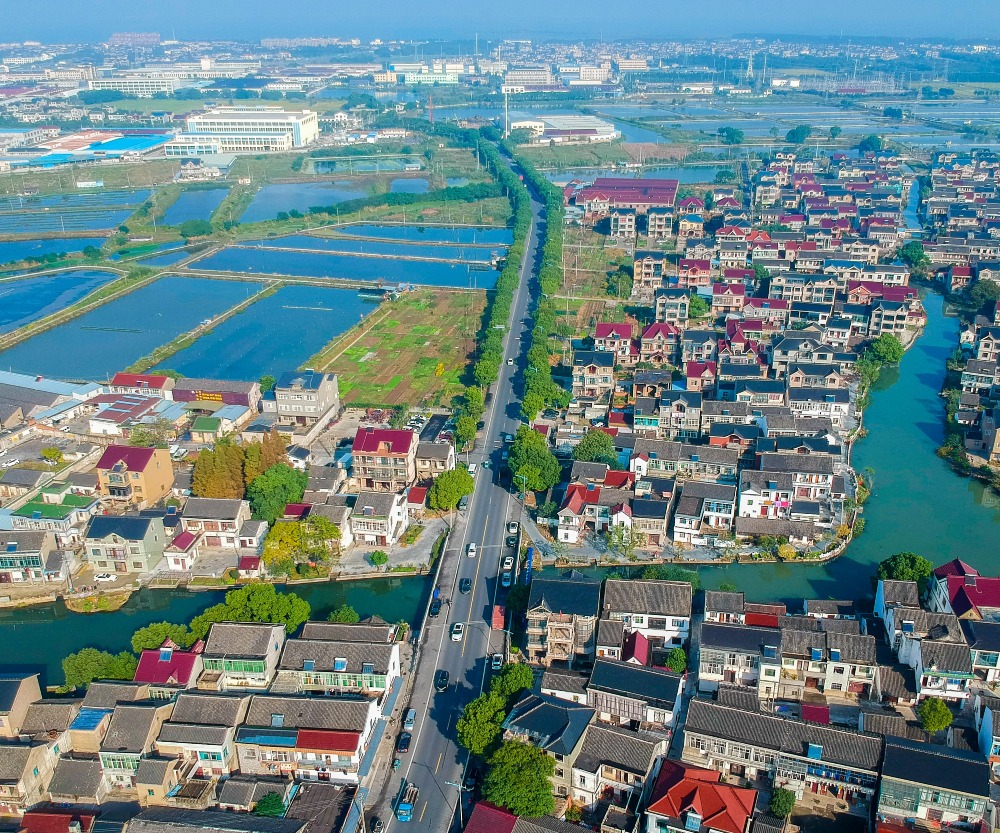
Located in the heart of Yangtze River Delta: A water junction in China
This is closely related to the geographical location of Suzhou. The ancient city of Suzhou is crisscrossed with rivers and ports, and there are many lakes, because it is located in the heart of the Yangtze River Delta, the junction of several major rivers and lakes.
Therefore, agriculture has been developed since ancient times, and it has the reputation of "When Suzhou and Huzhou have good harvest, the whole country is rich in food".
Suzhou is located in Jiangsu Province, which is spanned by the Yangtze River. Moreover, the Beijing-Hangzhou Grand Canal also runs through the northwest of Jiangsu, so Suzhou city is nearly surrounded by these two major water systems.
At the same time, Dianshan Lake and Cheng Lake are to the east of Suzhou, Tai Lake and Cao Lake are to the west, Kun Cheng Lake is to the north, and Yang Cheng Lake and Jinji Lake are in the middle. The entire Suzhou is almost penetrated and surrounded by these lakes and waterways, thus forming the intertwined layout of rivers in Suzhou.
Because Suzhou is built along the water, with rivers behind the alleys, it forms a unique landscape which was described in lines like "under a small bridge near a cottage a stream flows". And it has always been a favourite destination for literati.
There is water inside and outside the city; there is water inside and outside the garden. Suzhou's water has gone beyond the purely geographical meaning and become a symbol of profound history and culture.
